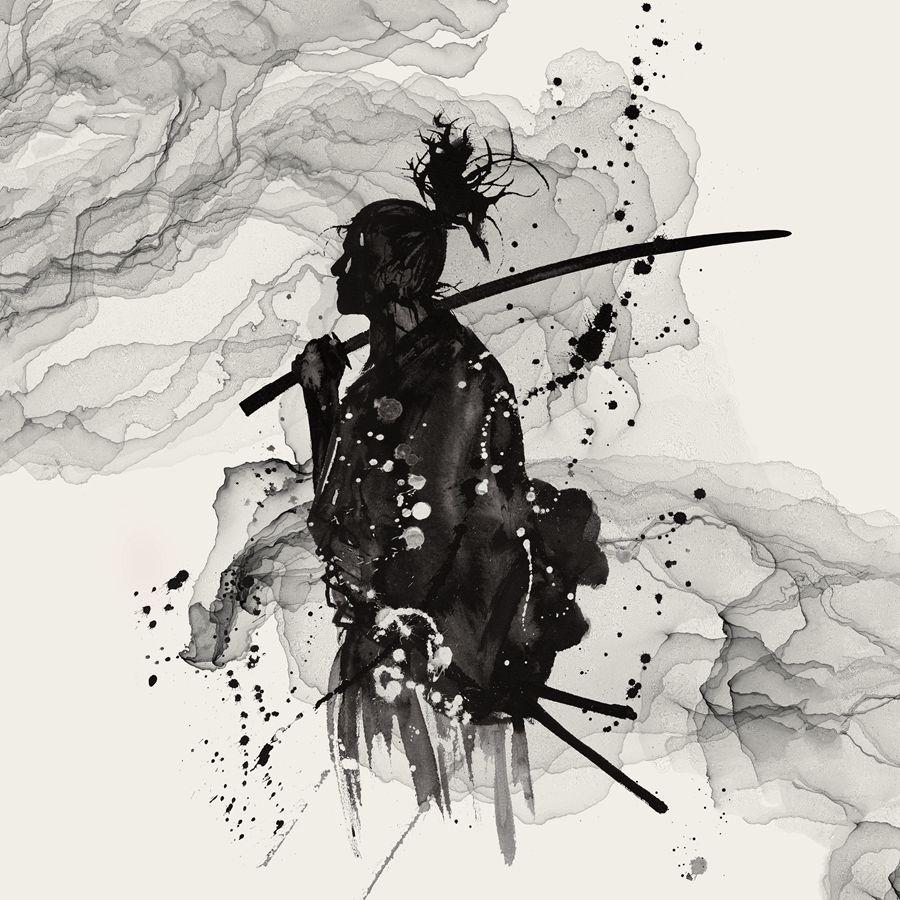Bushido: etica e condotta, la via del Samurai
Tra il periodo dello shogunato di Kamakura (1185) e il Periodo Muromachi (1336) prese forma il codice di condotta morale conosciuto come Bushido, (武士道, via del guerriero). Formalmente adottato e applicato dai “bushi”, i guerrieri (Samurai) nel Periodo Tokugawa (1603-1867), questo codice di condotta altro non è che un riadattamento dei principi del buddismo e confucianesimo. Originariamente riadattato alla casta dei guerrieri, dopo la Restaurazione Meiji (1866-1869), il movimento nazionalista giapponese adottò il Bushido come disciplina di comportamento.

photo credits: camminospirituale.com
I 7 principi del Bushido: 7 passi verso la perfezione
Onestà, giustizia, pietà, dovere, onore e lealtà questi erano i princimi che dovevano essere perseguiti fino alla morte. Qualora questo non venisse seguito, la pena era il disonore da espiare attraverso il seppuku (切腹) o harakiri (腹切り). Entrambi questi termini indicano il rituale del suicidio in modo onorevole attraverso il taglio del ventre. Harakiri è utilizzato nel parlato, mentre seppuku è più utilizzato nella forma scritta.
Ogni Samurai era quindi tenuto a seguire 7 principi fondamentali che potremo definire come “morale perfetta”.
Addentriamoci in essi e scopriamoli insieme:
義, Gi: Onestà e Giustizia
Non esistono vie di mezzo, esiste solo il giusto o lo sbagliato. E’ necessario essere onesti nei rapporti con gli altri, credere fermamente nella giustizia che proviene da se stessi, non dalle altre persone. Il vero Samurai non ha mai incertezze riguardo all’onestà e alla giustizia
勇, Yu: Eroico Coraggio
L’eroico coraggio del Samurai si eleva sopra alla masse. Un guerriero non ha paura di agire, non si nasconde nel guscio come una tartaruga, nonostante il rischio ed il pericolo. Eroico coraggio significa vivere in modo completo, pieno, meraviglioso, esso non è cieco ma forte e intelligente.
仁, Jin: Compassione
L’intenso addestramento rende il samurai svelto e forte. È diverso dagli altri, egli acquisisce un potere che deve essere utilizzato per il bene comune. Possiede compassione, coglie ogni opportunità di essere d’aiuto ai propri simili e se l’opportunità non si presenta egli fa di tutto per trovarne una. La compassione di un Samurai va dimostrata soprattutto nei riguardi delle donne e dei bambini
礼, Rei: Gentile Cortesia
I Samurai non hanno motivi per comportarsi in maniera crudele, non hanno bisogno di mostrare la propria forza. Un Samurai è gentile anche con i nemici. Senza tale dimostrazione di rispetto esteriore un uomo è poco più di un animale. Il Samurai è rispettato non solo per la sua forza in battaglia ma anche per come interagisce con gli altri uomini. Il miglior combattimento è quello evitato.
誠, Makoto: Completa Sincerità
Quando un Samurai esprime l’intenzione di compiere un’azione, questa è praticamente già compiuta, nulla gli impedirà di portare a termine l’intenzione espressa. Egli non ha bisogno né di dare la parola né di promettere. Parlare e agire sono la medesima cosa.
名誉, Meiyo: Onore
Il Samurai è il solo giudice del proprio onore. Le decisioni che si prendono e le azioni che ne conseguono sono un riflesso di ciò che si è in realtà. Non ci si può nascondere da te stessi.
忠義, Chugi: Dovere e Lealtà
Per il Samurai compiere un’azione o esprimere qualcosa equivale a diventarne proprietario. Egli ne assume la piena responsabilità, anche per ciò che ne consegue. Il Samurai è immensamente leale verso coloro di cui si prende cura. Egli resta fieramente fedele a coloro di cui è responsabile.
Da diversi anni io stessa ho adottato queste 7 virtù come percorso da seguire. Trovo siano essenziali nella vita di ciascuno perchè siamo tutti dei guerrieri. Ogni giorno affrontiamo sfide e ogni giorno dobbiamo puntare a quella perfezione spirituale che, se fosse perseguita fino in fondo, condurrebbe ad un mondo migliore.
Voi siete pronti a compiere questi passi?
Condividi:
- Fai clic per condividere su Facebook (Si apre in una nuova finestra)
- Fai clic qui per condividere su Twitter (Si apre in una nuova finestra)
- Fai clic qui per condividere su Tumblr (Si apre in una nuova finestra)
- Fai clic qui per condividere su Pinterest (Si apre in una nuova finestra)
- Fai clic per condividere su Telegram (Si apre in una nuova finestra)
- Fai clic per condividere su WhatsApp (Si apre in una nuova finestra)
- Fai clic qui per condividere su Reddit (Si apre in una nuova finestra)
- Fai clic qui per stampare (Si apre in una nuova finestra)






